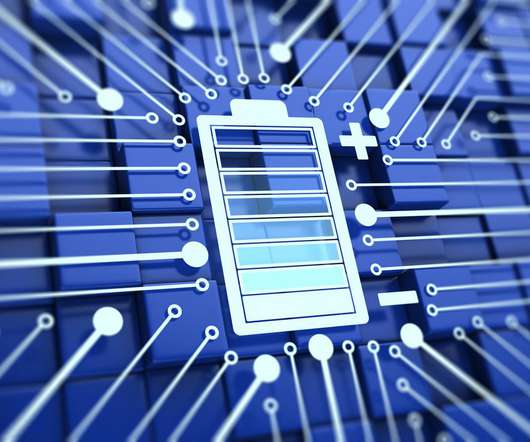This Essential Element of the Power Grid Is in Critically Short Supply
Cars That Think
DECEMBER 11, 2024
The transformer shortage touches utilities, homeowners, businesses, rail systems, EV charging stationsanyone needing a grid connection. Their innovations could make this critical piece of infrastructure not only more resistant to supply chain weaknesses, but also better suited to the power grids of the future.












Let's personalize your content